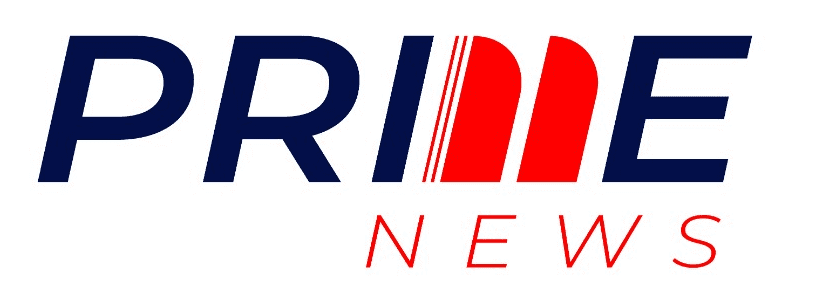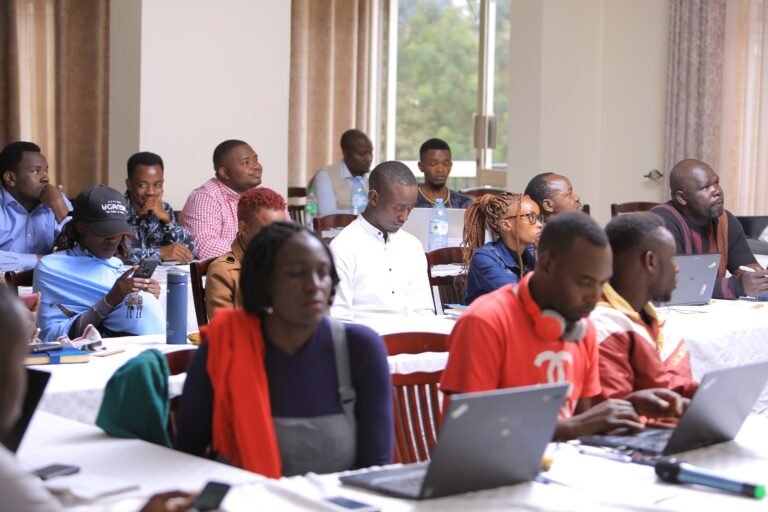In a bid to enhance tourism reporting and overall promotion, the Uganda Tourism Board (UTB) has organized a media training for journalists to equip them with skills for better story packaging and dissemination.
Held at Cephas Inn in Kabale with reporters from Central and Western Uganda, the training is also aimed at introducing journalists to research and reporting concepts geared towards reinforcing their ability to tell holistic and compelling stories that will bolster Uganda’s tourism promotion.
Speaking during the opening session of the four-day engagement, UTB PRO Simplicious Gessa noted that the tourism sector needs reporters who are well versed with the components of the industry and can relay factual, balanced and practical information in a responsible manner.
“We want to move away from the newsroom reporting to practical information sharing. We need people to sell a tourism product that they have experienced so that when a person talks about Western Uganda and a place like Bunyonyi, we know where it is located, we can feel how wide and beautiful it is,” Gessa said.
He emphasized the need for the media to focus on telling authentic stories and driving the tourism agenda to spur growth of both the domestic and foreign tourism components.
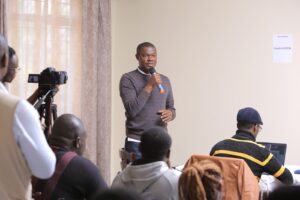
The topics lined up for the training include but not limited to; the role of media in covering tourism, story packaging, narration of impactful stories, explanatory reporting, dealing with sources, story pitching and investigative journalism principles.
Giving his key note lecture, seasoned media and communications trainer, also a retired journalist, Dr. John Baptist Imokola tipped journalists on embracing the idea of systems thinking for guidance in tourism reporting as opposed to singling out an entity as a base for the story.
Imokola noted that journalists should approach their stories as one part of a whole and therefore engage the various authorities in the line industry sections for diverse points of view on the element of interest.
“It is crucial for reporters to provide well-balanced information that not only highlights the positive aspects but also addresses potential challenges or issues that may arise. Seeking commentary from the line policy makers in the various agencies under the Ministry as well as incorporating voices of the community members will bring out a balanced story,” he said.
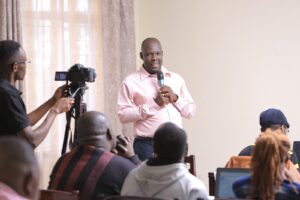
He added that journalists have a role to seek accountability and ensure that tourism development aligns with the principles of environmental conservation, cultural preservation, and community wellbeing.
“This will help to check and investigate issues of over tourism, social inequality, environmental impacts and other unethical practices,” Imokola said.
Regarding producing a good tourism story, Imokola tasked reporters to; tell stories through authentic experiences, emphasize sustainable practices, incorporate visual content in the stories, harness social media for wider dissemination, educate masses about tourism through available platforms, engage the local communities for first hand information and collaborate with conservation organisations among other tactics.
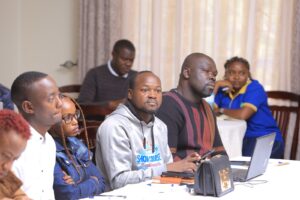
He called for more collaboration between the Uganda Tourism Board and other agencies in addition to more interactions with the media for a better informed strategy as regards tourism promotion.
